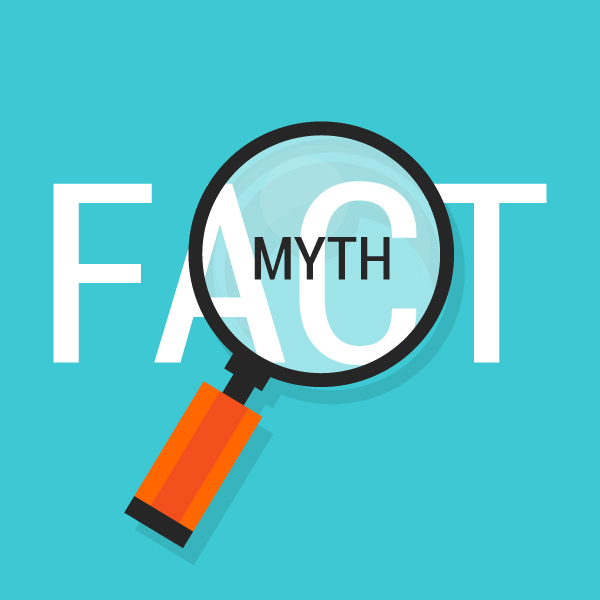Urinary incontinence is generally an upsetting topic for those who experience it. The preconception behind the problem commonly contributes to individuals having either a lack of facts or a belief in some common myths about incontinence. Following are some urinary incontinence myths and the facts to be aware of instead:
Myth: Urinary incontinence is inevitable as we age.
Truth: While aging does increase the risk for incontinence, many older adults are able to maintain normal bladder control, so it should certainly not be regarded as a standard or inevitable part of the aging process.
Myth: Urinary incontinence cannot be cured in older adults.
Truth: This is not the truth in a number of situations. There are ways that incontinence can be addressed with success.
Myth: Consuming as little water as possible will decrease the chance of incontinence.
Truth: Often older adults limit their fluid intake in the mistaken sense that drinking less will alleviate the extent of their incontinence. However, restricting fluids results in more concentrated urine which irritates the bladder and makes the problem worse. Drinking sufficient fluids helps to maintain a normal bladder capacity and functionality.
Myth: Urinary incontinence is almost never a problem for men.
Truth: Men are less prone to talk about the matter with family members or medical professionals, and so are less likely to be clinically diagnosed with urinary incontinence. However, per NAFC estimates, approximately 20% to 25% of Americans with incontinence are men.
When it comes to urinary incontinence, UTIs, and other delicate medical challenges in seniors, you can rely on the highly skilled in-home care team at Compassionate Care Home Health Services to provide customized care services with dignity and respect that allow for maximum independence, safety, and comfort. We’re here with a wide range of services for seniors at home, according to each person’s unique needs – from help with personal care, to meals and housekeeping, to transportation and companionship, and so much more.
If an older loved one is troubled with incontinence, make sure the person is given a correct diagnosis from the physician in order to rule out any underlying problems. The caregivers at Compassionate Care Home Health Services can help a loved one control the symptoms of incontinence in a compassionate and discreet way. Contact us at 877.308.1212 or for more information about our in-home care in Saginaw, MI and surrounding communities.

